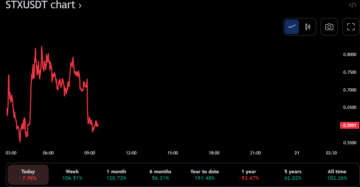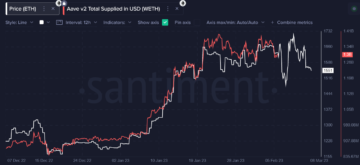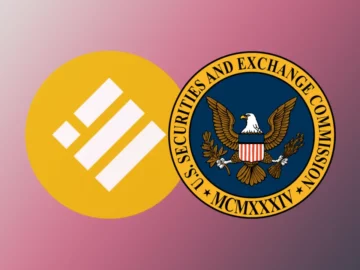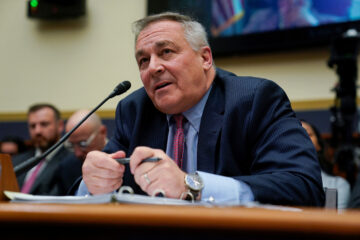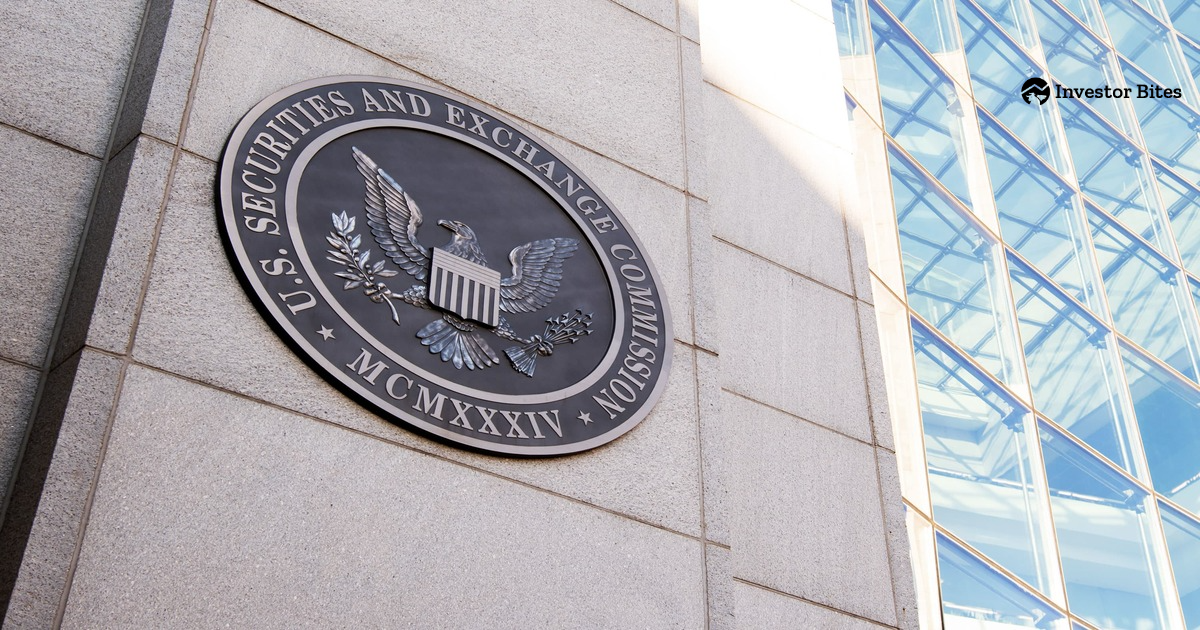
SNEAK PEEK
- Allegations of politicization emerge against SEC Chair Gary Gensler and other commissioners.
- Deaton criticizes Gensler’s past roles and performance, especially in the CFTC under Obama.
- SEC staff has a track record of apolitical professionalism despite commissioner scrutiny.
As the U.S. Securities and Exchange Commission (SEC) continues to navigate the rapidly evolving cryptocurrency landscape, claims of politicization have emerged. Attorney John E Deaton recently tweeted, questioning the objectivity of SEC Chair Gary Gensler and other commissioners. He highlighted Gensler’s longstanding affiliation with the Democratic party and suggested that political motivations might drive his decisions at the SEC.
The 5 Commissioners are political appointees thus, by definition, are political. @GaryGensler is a lifelong Democrat and Chair of the @CFTC under Obama, with both parties agreeing that he did a lousy job – just think MF Global. Of course, he served as Hilary Clinton’s CFO for her… https://t.co/g8sgf0qQiH
— John E Deaton (@JohnEDeaton1) August 14, 2023
Further, Deaton’s assertions gained traction after he pointed out Gensler’s history as a political appointee, notably his previous role as Chair of the CFTC under President Obama. Moreover, Deaton raised eyebrows by mentioning that Gensler had signed off on payments for the controversial Steele dossier while serving as Hillary Clinton’s CFO for her 2016 presidential campaign.
Contrastingly, former SEC employee John Reed Stark defended the agency’s integrity despite the allegations. Stark, who served for almost 20 years in the SEC Enforcement Division, stressed that while the commissioners themselves may appear increasingly political, the SEC staff has consistently maintained a remarkable level of apolitical professionalism. He explained that the SEC operates quite differently from other federal agencies, such as the U.S. Department of Justice (DOJ).
Very true Eleanor. The SEC Commissioners themselves have become increasingly political but the SEC staff, on the other hand, remains remarkably apolitical.
What makes the US SEC so different from agencies like US DOJ is not just their mandate and authority but also their…
— John Reed Stark (@JohnReedStark) August 14, 2023
Additionally, Stark highlighted that the SEC’s operational departments, like the Enforcement Division, are largely insulated from political influence. In contrast, the DOJ has many political appointees throughout its senior leadership. The few political appointees at the SEC typically work in supporting roles within offices like Legislative Affairs or Public Affairs.
Consequently, Stark cited the examples of Bill McLucas and Michele Layne, who served lengthy tenures at the SEC under chairs and commissioners from both major political parties. McLucas, now heading Binance’s defense team, spent more than 21 years at the SEC, while Layne dedicated over 25 years to the agency. Stark emphasized that their long, apolitical service is indicative of the culture within the SEC staff.
In conclusion, the SEC’s politicization allegations primarily focus on the commissioners. However, the agency’s staff has a track record of maintaining their independence and apolitical stance. As the SEC adapts to the rapidly changing cryptocurrency landscape, the need for fair and unbiased regulation remains a priority.
- SEO Powered Content & PR Distribution. Get Amplified Today.
- PlatoData.Network Vertical Generative Ai. Empower Yourself. Access Here.
- PlatoAiStream. Web3 Intelligence. Knowledge Amplified. Access Here.
- PlatoESG. Automotive / EVs, Carbon, CleanTech, Energy, Environment, Solar, Waste Management. Access Here.
- PlatoHealth. Biotech and Clinical Trials Intelligence. Access Here.
- ChartPrime. Elevate your Trading Game with ChartPrime. Access Here.
- BlockOffsets. Modernizing Environmental Offset Ownership. Access Here.
- Source: https://investorbites.com/sec-commissioners-face-scrutiny-amid-claims-of-politicization/
- :has
- :is
- :not
- 12
- 13
- 14
- 20
- 20 years
- 2016
- 25
- a
- adapts
- Affairs
- After
- against
- agencies
- agency
- agreeing
- Allegations
- also
- Amid
- and
- appear
- ARE
- AS
- At
- authority
- become
- Bill
- both
- both parties
- but
- by
- Campaign
- Center
- cfo
- CFTC
- Chair
- changing
- cited
- claims
- commission
- commissioner
- conclusion
- consistently
- continues
- contrast
- controversial
- course
- Criticizes
- crypto
- crypto exchange
- cryptocurrency
- Culture
- decisions
- dedicated
- definition
- Democrat
- democratic
- democratic party
- Department
- department of justice
- departments
- Despite
- detailed
- DID
- different
- Division
- DoJ
- drive
- e
- emerge
- emerged
- emphasized
- Employee
- enforcement
- especially
- evolving
- examples
- exchange
- explained
- external
- Face
- fair
- Federal
- few
- Focus
- For
- Former
- from
- gained
- Gary
- Gary Gensler
- Gensler
- Global
- had
- hand
- Have
- he
- her
- Highlighted
- his
- history
- However
- HTTPS
- in
- increasingly
- independence
- indicative
- influence
- integrity
- internal
- investigation
- investor
- ITS
- Job
- John
- just
- Justice
- landscape
- largely
- Leadership
- Legislative
- Level
- like
- Long
- maintaining
- major
- MAKES
- mandate
- many
- May..
- might
- more
- Moreover
- motivations
- Navigate
- Need
- notably
- now
- Obama
- of
- off
- offices
- on
- operates
- operational
- or
- Other
- out
- over
- parties
- party
- past
- payments
- performance
- plato
- Plato Data Intelligence
- PlatoData
- political
- political parties
- president
- presidential
- previous
- primarily
- priority
- professionalism
- public
- raised
- rapidly
- recently
- record
- Regulation
- remains
- remarkable
- Role
- roles
- s
- scrutiny
- SEC
- sec chair
- SEC enforcement
- Securities
- senior
- senior leadership
- service
- serving
- signed
- So
- spent
- Staff
- stark
- such
- Supporting
- team
- than
- that
- The
- their
- themselves
- Think
- throughout
- Thus
- to
- track
- track record
- traction
- true
- typically
- u.s.
- U.S. Securities
- under
- us
- US Sec
- What
- What is
- while
- WHO
- with
- within
- years
- zephyrnet


